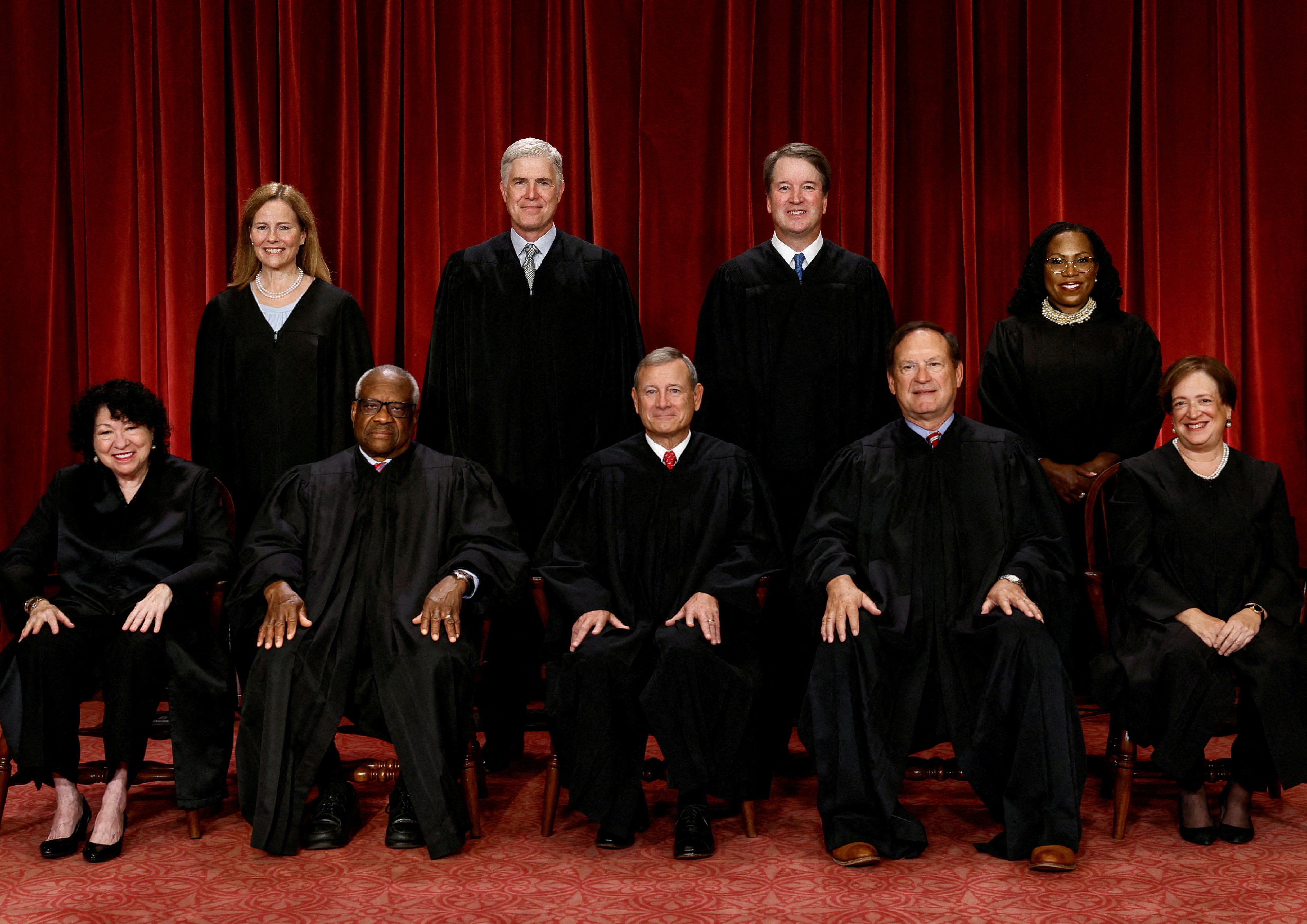As the U.S. Supreme Court hears arguments Monday in a case that deals with a Louisiana congressional district, a legal expert warns it could give the justices an opportunity to eliminate the Voting Rights Act.
"It's a very weird case," Slate writer Mark Joseph Stern said on MSNBC. "What happened in 2022 is a federal judge struck down Louisiana's congressional districts and said it needed a second majority-Black district. Louisiana complied with that order, drew a second majority-Black district, and then got slapped with another decision by a different district court, saying that it took race into account too much in drawing that new map."
One lower court ruled that in 2022, Louisiana violated the Voting Rights Act. The second court suggested "that the Voting Rights Act itself might be unconstitutional," said Stern. "Because it requires states to take voters' race into account when drawing [congressional] maps."
ALSO READ: The Supreme Court has a new playbook — and Democrats need to adapt before it's too late
This means that Louisiana is facing two competing federal court orders. Therefore, the Supreme Court must decide whether the district "was constitutionally drawn or whether it violates the Equal Protection Clause," he continued.
Stern also noted that "a majority of the conservatives" on the Supreme Court have traditionally been "pretty skeptical of voting rights for people of color."
"There's a chance," he continued, "that the justices might say, we're not going to consider these bigger questions about the Voting Rights Act today. We're just going to say that this district was drawn with too much race in consideration."
The thing Stern finds concerning, however, is "this is a conservative majority that sometimes likes to go big. And I think it's quite possible that there could be five or six justices who not only say that this district is unconstitutional because of the way it's drawn, because it is designed to bring in more Black voters, but that the Voting Rights Act itself is unconstitutional because it served as the basis for this district.
"That would be an earthquake in federal civil rights law. But it's something that multiple justices have hinted at before, and this could be the case that serves it up for them on a platter."
See the clip below or at the link here.
- YouTubeyoutu.be
